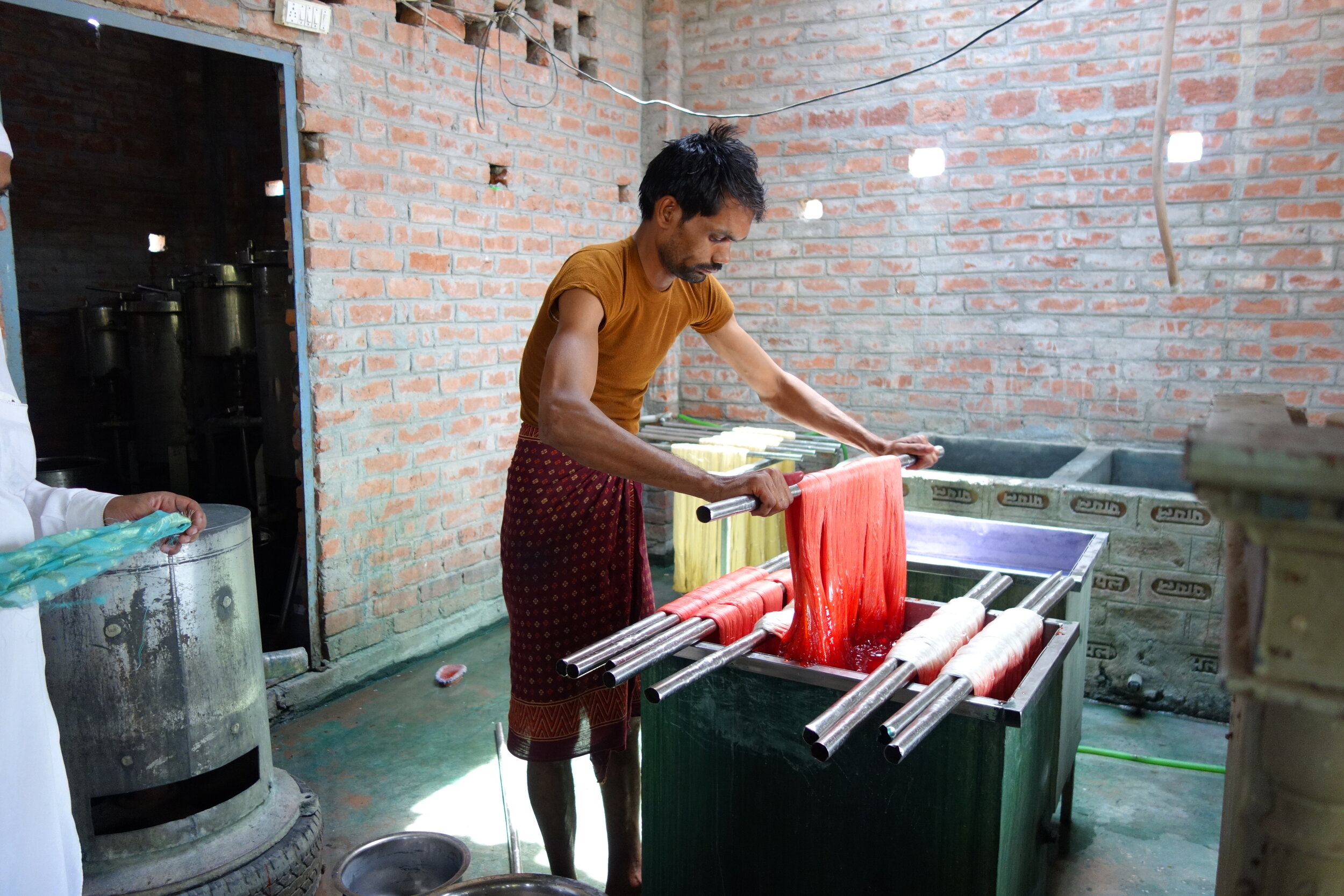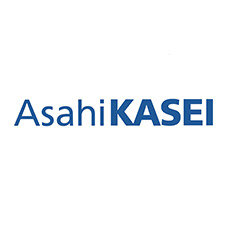Asahi Kasei
Asahi Kasei Corporation
Strengthening the value chain of Bemberg™, the brand name of a regenerated cellulose fiber, in the Indian textile and fashion industry while creating jobs, training young people, and improving environmental outcomes for the local communities.
BCTA MEMBERSHIP STATUS
Active
SECTOR
Chemicals
HEADQUARTERS
Japan
REGION OF INITIATIVE
Asia & Pacific
SDG CONTRIBUTION
RELATED NEWS
The Impact Goal
Asahi Kasei, one of Japan's leading manufactures of fiber products and chemicals, joined Business Call to Action in March 2016 and made a renewed commitment as an inclusive business in February 2021. Asahi Kasei’s commitment is to enhance the skills of 1,671 employees in the supply chain in India by 2023 and advance the production efficiency of 55 small to medium scale manufacturers through employee training and technical support. The company has also made a commitment to develop the capacity of 575 female students who will lead the Indian textile industry, by providing vocational training opportunities and institutional support for three higher education institutions in India.
In addition, by 2023, Asahi Kasei’s initiative aims to treat and recycle 40,000m3/day of textile dyeing effluent, thus saving an equivalent of daily water access for approximately 25,000 low-income households in the region.
The Market Gap
While many workers are engaged in factories in the Indian textile industry, most of them have very little opportunity to enhance their skills and improve their incomes. In the state of Gujarat, one of the most important regions of the Indian textile industry, many textile businesses are small in scale, and only a limited selection of fabric types can be produced with quality consistencies. Similar to other industries in India, the textile industry faces a major problem related to gender equality which results in the delayed empowerment of women. Additionally, high water consumption and polluted wastewater in the fibre and textile dyeing process have been endangering the lives of locals living close to the factories.
The Business Solution
As a part of its inclusive business model, Asahi Kasei makes use of Bemberg™ which is the brand name of a regenerated cellulose fibre made from cotton linter, the fuzz found around cotton seeds. 2021 is the 45th year since Bemberg™ yarn was first exported to India to manufacture traditional garments worn by women.
Through direct and indirect involvement in the Bemberg™ value chain in India Asahi Kasei contributes to the development of techniques and the growth of human resources including the enhancement of skills, the securement of stable incomes, and the creation of new employment opportunities. Asahi Kasei procures a great amount of the cotton linter used for the production of Bemberg™ yarn from India. To support local manufacturers, Asahi Kasei lends equipment to remove linter from cotton seeds free of charge, and has its own engineers provide the local workers with training and technical instructions for improving productivity. Cotton linter imported to Japan is processed into Bemberg™ yarn, which is exported to India and sold to weavers. Asahi Kasei provides technical guidance on weaving and dyeing in the fabric production process in India. It also focuses efforts on the education of young people and students who will lead the next generation of India’s textile and fashion industry, and contributes to human resource development by supporting the enhancement of skills at several Indian universities.
In addition to the above, Asahi Kasei proposes that its institutional customers install Microza™ systems to treat wastewater from fabric dyeing, aiming for zero wastewater emission from dyeing plants to protect the environment surrounding the plants and to conserve valuable natural water resources and recycling the water which is used.
About Asahi Kasei Corporation: Founded in 1922, Asahi Kasei Corporation, is a diversified manufacturer centred on chemicals. The company’s other business segments include textile, housing, construction, electronics, and drug and medical manufacturing.




